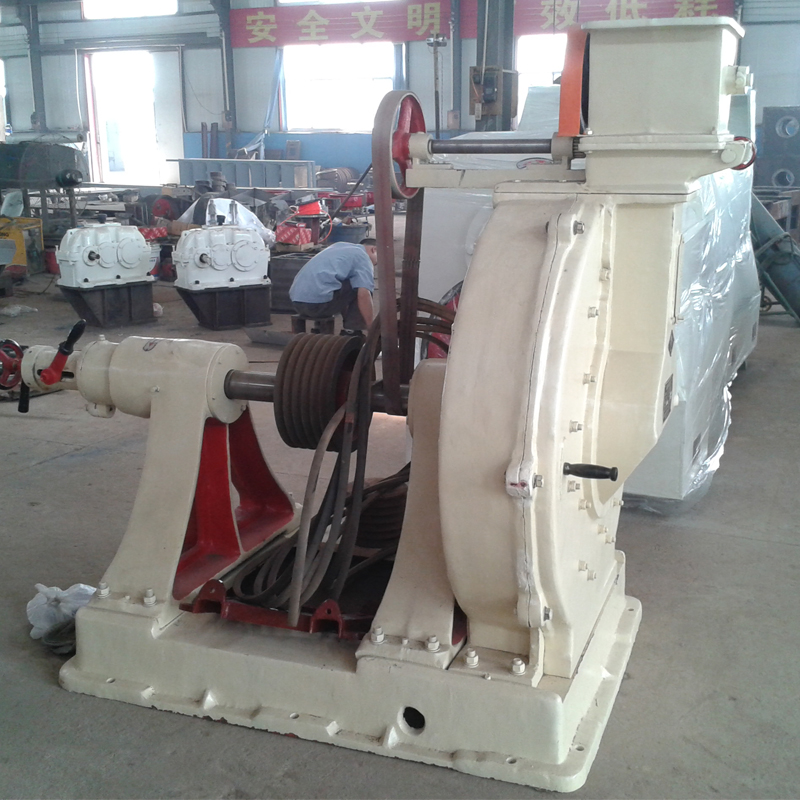Nov . 07, 2024 13:56 Back to list
Grain and Oil Refinery Machinery Manufacturing Facility Overview
The Role of Grain Oil Refined Machine Factories in Modern Agriculture
In recent years, the global demand for edible oils has surged significantly due to the increasing population and changing dietary preferences. As a result, the grain oil industry has become one of the most crucial sectors in modern agriculture. Central to this industry are grain oil refined machine factories, which play a vital role in processing raw oil seeds into refined edible oils. This article explores the various aspects of these factories, their importance, production processes, technological advances, and the contribution they make to the agricultural economy.
Understanding Grain Oil Refined Machines
Grain oil refined machines are specialized equipment designed to extract and refine oil from various oilseeds such as soybeans, sunflower seeds, canola, and palm. The process starts with the extraction of crude oil from the seeds, which can be performed through mechanical pressing or solvent extraction. Following extraction, the crude oil undergoes several refining processes including degumming, neutralization, bleaching, and deodorization. These steps are crucial for removing impurities, improving flavor, and enhancing the shelf life of the oil.
The Production Process in Detail
The production process in a grain oil refined machine factory is intricate and requires a precise combination of technology and expertise. Here’s a breakdown of the main steps involved
1. Seed Preparation Raw seeds are cleaned, dried, and sometimes flaked to increase the surface area for oil extraction. This step is essential as it ensures that impurities are removed and that the seeds are in the right condition for oil extraction.
2. Oil Extraction The actual extraction can be done in two ways. Mechanical pressing uses a screw press to physically extract oil from the oilseeds, while solvent extraction employs a chemical solvent (usually hexane) to dissolve the oil, which is then separated. Each method has its own advantages in terms of yield and oil quality.
3. Refining Once crude oil is extracted, it undergoes refining. The refining stages include - Degumming Removes phospholipids and other impurities. - Neutralization Involves treating the oil with alkali to remove free fatty acids, thus improving flavor and stability. - Bleaching Eliminates color pigments and further cleanses the oil using adsorbents. - Deodorization Steam distillation is used to remove odorous compounds, resulting in a neutral smell that is desirable for consumer oils.
4. Packaging The final refined oil is then packaged for distribution. This stage often includes quality checks to ensure that the product meets regulatory standards.
Importance of Grain Oil Refined Machine Factories
grain oil refined machine factory

The significance of grain oil refined machine factories in the agricultural landscape cannot be overstated. They provide several key benefits
- Increased Oil Yield Advanced machines optimize oil extraction, ensuring that producers get the highest possible yield from their raw materials.
- Job Creation These factories create numerous job opportunities in rural areas, contributing to local economies and improving livelihoods.
- Economic Contribution By producing high-quality edible oils, these factories stimulate economic growth, enhance trade, and meet domestic and international demand.
- Food Security Reliable sources of refined oil are essential for food security, as oils are crucial ingredients in a variety of food products.
Technological Advances
Technological innovations in grain oil refining have made it increasingly efficient and environmentally friendly. Modern factories now utilize automated processes, energy-efficient machines, and waste minimization strategies. For instance, some factories harness by-products such as oil cakes and lecithin, which can be used in animal feed or as food additives.
Additionally, advancements in purification technologies and sustainability practices are gaining momentum. Processes that reduce water and energy consumption are becoming standard, aligning with global sustainability goals while maintaining high-quality outputs.
Conclusion
Grain oil refined machine factories are integral to the agricultural sector, providing essential services that support food production and economic stability. As consumer demands evolve and the industry continues to innovate, these factories will remain at the forefront of agricultural technology. By investing in advanced machinery and sustainable practices, they are poised to meet the future needs of the global food supply chain, ensuring that high-quality edible oils are accessible to all.
-
Professional Safflower Oil Press Service | AI-Efficient
NewsAug.03,2025
-
HP290 First Press Oil Expeller Machinery: Efficient Oil Extraction
NewsAug.02,2025
-
Top Food Oil Refined Unit Companies w/ GPT-4 Turbo Tech
NewsAug.01,2025
-
Premium Black Seed Oil Expeller - High Efficiency Cold Press Oil Machine
NewsJul.31,2025
-
Oil Processing Equipment - High-Efficiency Flaking Machine
NewsJul.25,2025
-
High-Efficiency Peanut Oil Refined Machine for Quality Oil Production Leading Exporters & Companies
NewsJul.08,2025
